Market Trends
Key Emerging Trends in the Dermatoscopes Market
In the Dermatoscopes Market, there have been significant developments such as advancements in dermatological diagnostics, a growing focus on early skin cancer detection and technology integration into dermatology practices. Dermatoscopes are devices that help dermatologists and medical experts in magnifying skin lesions for early detection of skin cancers and other dermatologic problems. Among recent trends that impacted the Dermatoscopes Market significantly include teledermatology, personalized care and improved diagnostic accuracy.
One major trend in the Dermatoscopes Market is the adoption of digital dermatoscopy technologies. Traditional dermatoscopes have evolved into digital or electronic dermatoscopes with ability to capture and store high resolution images or videos of skin lesions. These digital capabilities enhance documentation of changes in skin over time thus enabling better monitoring and analysis. The transition towards digital dermatoscopy also aligns with a general tendency to integrate digital health technologies into medical practice for more accurate diagnosis that improves patient outcomes.
Dermatoscopic imaging has witnessed technological advancements that are stimulating innovation within the market for Dermatoscopes. Such advances include polarized light sources, non-polarized lighting sources, cross-polarization filters designed to improve visualization of dermal structures leading to increased levels of diagnostic accuracy. Another emerging trend is artificial intelligence (AI) as well as machine learning algorithms being incorporated in dermatoscopy. This technology assists health professionals in analysing dermoscopical images by providing automated lesion recognition and risk assessment. Ultimately, AI aims to increase the efficiency and accuracy with which physicians detect malignant pigmented melanocytic neoplasms.
Handheld or portable forms of Dermatoscopes are becoming increasingly common in the industry today. This mobility augments flexibility in clinical settings thereby making it possible to operate even from remote locations such as those without any other form of healthcare facility nearby apart from primary care clinics &dermatology offices themselves On-site examination using handheld dermoscopical tools enables physicians to conduct quick and practical skin checks for early detection of cancerous structures. This is consistent with the broader trend towards portable dermatoscopy driven by a growing emphasis on prevention and early detection as means of improving patient prognosis.
Teledermatology has emerged as one of the leading trends influencing the Dermatoscopes Market today. The ability to remotely capture and transmit dermatoscopic images for expert evaluation expands access to dermatological expertise, especially in regions with limited access to dermatologists. Teledermatology applications enable healthcare providers to share dermatoscopic images securely, allowing for remote consultations and enhancing collaborative efforts among healthcare professionals. This trend emphasizes the importance ofdermatoscopy in supporting telemedicine initiatives thus opening up specialized dermatology care for larger populations.
Additionally, there has been an increase in adoption of dermoscopy by non-dermatology specialists such as general practitioners (GPs) or internists working in primary care setting due its ease of use and effectiveness in preliminary assessment of skin conditions. For instance, GPs can identify suspicious lesions earlier than their patients would have done themselves, thus making appropriate referrals sooner than later. This trend indicates that various medical fields are becoming aware about skin cancer screening and that they are now embracing dermatoscopy as an important diagnostic tool outside the field of dermatology itself.
Collaborations between manufacturers Dermatoscope manufacturers partnering with health institutions drive research and development activities within this market. These collaborations foster innovative creation of new imaging technologies that include enhanced diagnostic features, user-friendly interfaces among others. Such partnerships between industry players and healthcare providers promote continuous improvements and customization towards better meeting ever-changing requirements from diagnosis in clinical practice.
However, the market for dermatoscopes is not without its share of problems. These include the absence of a uniform approach to teaching dermoscopy, regulatory frameworks and the expensive nature of advanced dermatoscopic technologies. In answer to these challenges, training programs have been initiated, with ongoing research being conducted to establish evidence-based practice and efforts made towards making the devices more affordable and accessible.


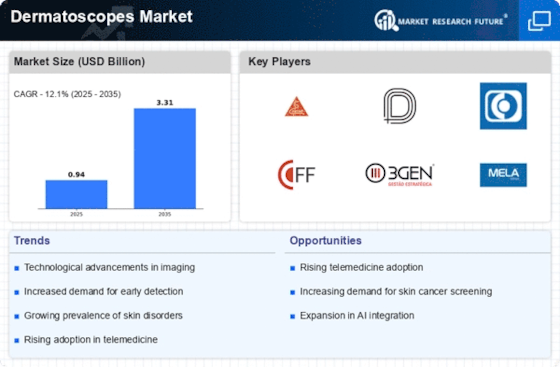
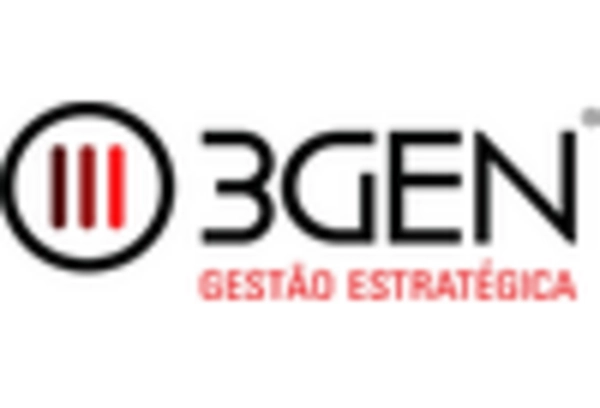
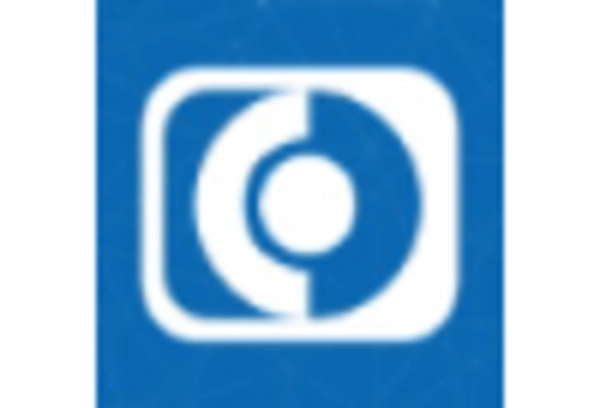
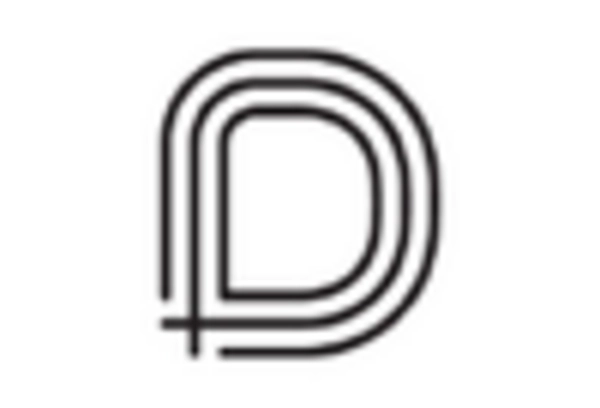
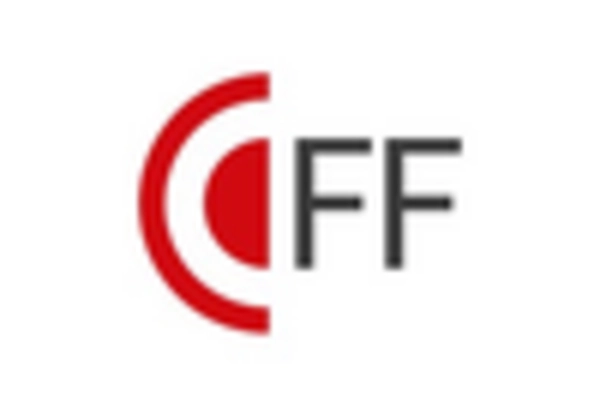
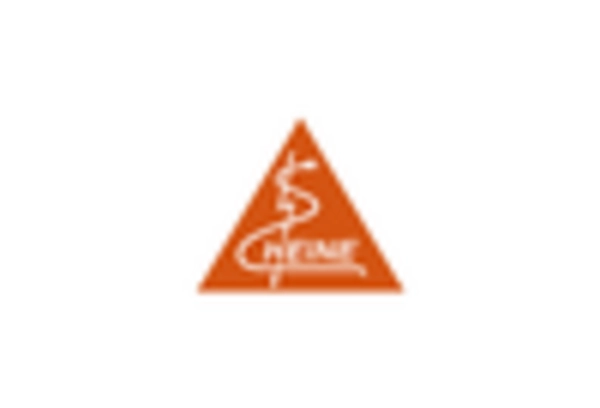
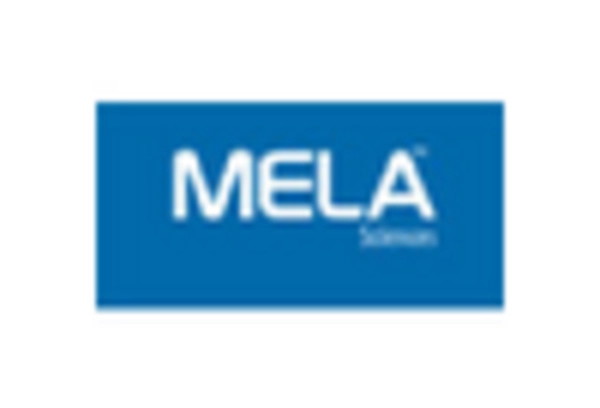









Leave a Comment